What I Learnt Volunteering on a Remote Island in Cuba.
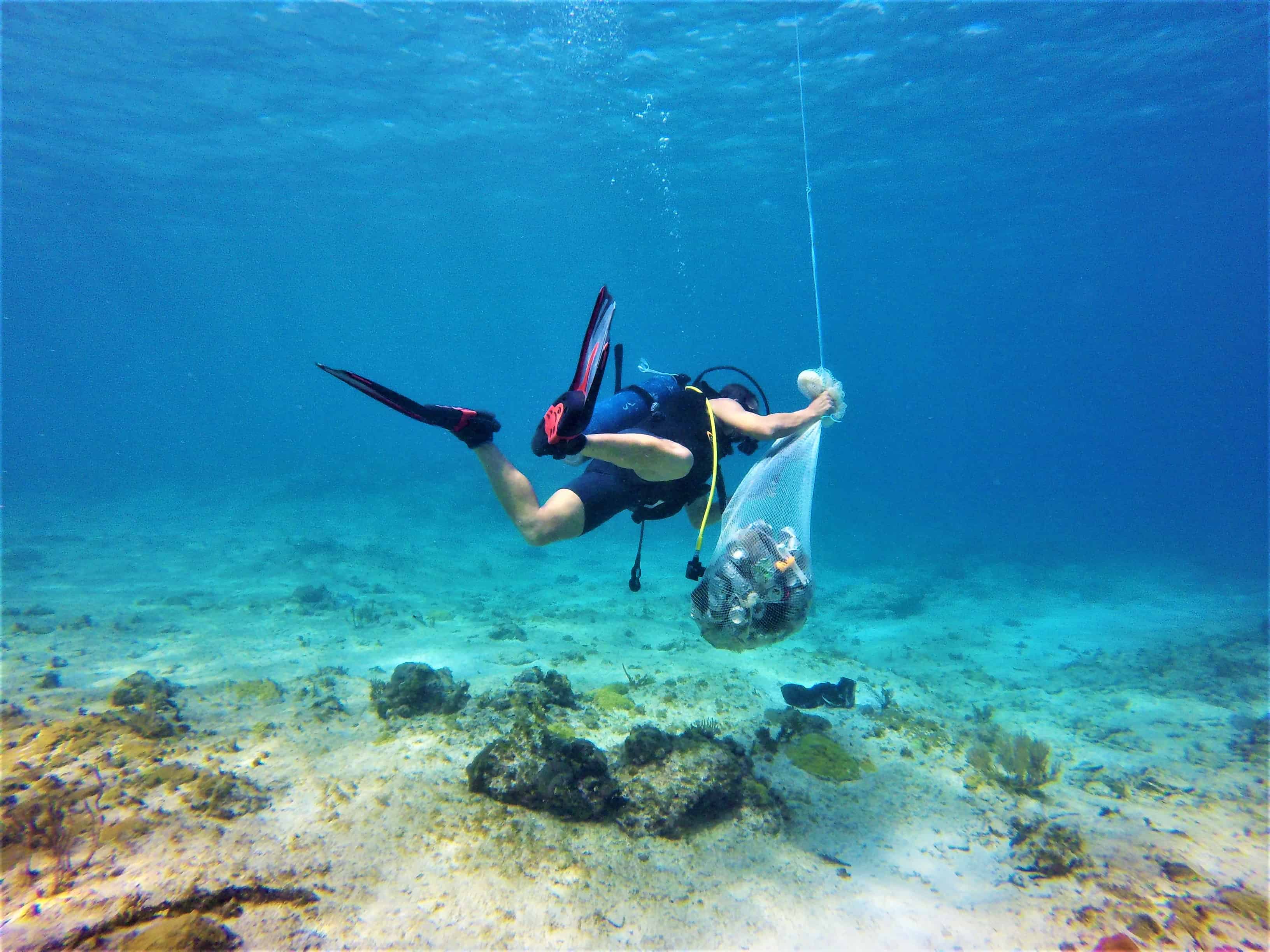
About this post: In 2018, I spent a few days volunteering in Cuba, at Cocodrilo in Isla de la Juventud in Cuba, with IOI Adventures. This volunteer trip to Cuba not only gave me a chance to experience Cuba off the beaten track, but also learn about Cuban culture, experience the “real” Cuba and learn about the underwater world in the Caribbean Sea. If you’re looking for meaningful travel or volunteer opportunities in Cuba, Cocodrilo could be a great place to responsible travel in Cuba!
Cuban reggae music played on repeat as I rode on a bright yellow truck from the 1940s, along a bumpy, heavily forested road. While the driver – an engineer by education – and I chatted in Spanish, he casually pointed out iguana lizards chilling by the road, vultures flying low in search of food, deer at the edge of the forest, huge crabs running helter-skelter and an enormous snake that brought us to a screeching halt.
A world away from the photogenic streets and tourist traps of Havana, we were heading to Cocodrilo. A remote, forgotten fishing village on Isla de la Juventud (Isle of the Youth) – a remote, forgotten island in Cuba. This is where I would spend some of my time volunteering in Cuba at a coral reef restoration project set up by IOI Adventures in collaboration with the island community.
Also read: Can We Reduce Single Use Plastic During the Pandemic?
I had no idea then, that living in a time warp on Cocodrilo, home to only 320 inhabitants, cut off from the outside world by a dense forest and the Caribbean Sea, was going to change everything. Everything I thought I knew about travelling, our consumption patterns, our dietary choices and how climate change is impacting the underwater world.
Here’s what I learnt along the way:
Now is the best and worst time to travel
During my recent travel meetup in Hyderabad, I met someone who had explored Ladakh and Kashmir in the late 80s – and said he would never go back because he treasured his vivid memories of their unspoilt beauty. Looking back on my own travels, I often feel the same way about places like Spiti, Georgia, Kumaon and Guatemala.
Unfortunately we can’t turn back time, but we can travel meaningfully and choose to explore places that aren’t yet plagued by mass tourism. Places that are yet to become Instagram hotspots.
Cocodrilo was one of those places in Cuba. Every evening at sunset, as the sky turned many shades of orange, locals poured out on the only street, drinking rum and playing music, heartily sharing both.
Mama Yeni, the island’s second oldest resident, reminisced how she had journeyed across the Atlantic on a fishing boat, from Cayman Islands to Cocodrilo in search of a better life – and hers became one of the earliest families to settle here.
She remembered the days when there were no roads, no cars, no doctor, no pharmacy, not even a grocery shop on the island. Her family would make a long list of things they needed, and do their grocery run to the nearest big town by boat, leaving early morning to reach the grocery store by evening!
Also read: Sustainable Living Ideas to Embrace as we Emerge Into a New “Normal”
Also read: Why Robinson Crusoe Island Might Just Be The Most Unique Place on Earth
Volunteering in Cuba and getting into island mode on Cocodrilo assured me that these might not be the best years to travel, but they aren’t the worst either.
Also read: How Croatia Compelled Me to Rethink Travel Blogging
No matter how far we live from the ocean, the plastic we consume ultimately lands up there
If you can close your eyes and picture yourself on a tiny idyllic island village, with nothing but dense forest, deep blue sea and clear blue skies stretching out around you, perhaps you can picture yourself on Cocodrilo. At a small sparse island shop, the only things one can buy are local rum in a glass bottle, shampoo sachets, basic groceries and the Cuban version of coca cola.
Yet when I snorkelled – with my host on the island and a new friend volunteering in Cuba long term – into the deep blue sea that surrounds the island, I discovered a different story. The seabed was littered with plastic bags, beer cans of international brands, shampoo bottles, cigarette buts, plastic straws and menstrual pads. Diving freestyle, we retrieved this plastic trash – only to see more of it appear a couple of days later.
You probably know that our planet is 70% water, and most of what we consume these days comes in plastic. Turns out, only 9% of all plastic is recycled. Where does the rest go? Unfortunately, into our oceans.
Aesthetics aside, the plastic trash often gets lodged in corals, spreading harmful bacteria and damaging coral tissue. Worse still, swallowing this plastic has caused the death of many dolphins, whales and other marine creatures; a sea turtle even choked to death when a plastic straw got stuck in its nostril.
Swimming in the deep blue sea off Cocodrilo was evidence that no matter where in the world we live, no matter how from the sea, the plastic we choose to consume in our everyday lives is directly responsible for destroying our oceans.
Also read: Cuba Tourist Visa for Indians: Requirements and Tips
Conservation-focused deep sea diving can help save corals
Here’s a confession: The first time I went scuba diving was in the Philippines – and the experience left me feeling conflicted. Sure, the underwater life was incredible, but to carry an oxygen cylinder and deep dive while my ears protested, felt like an unnatural way to experience the ocean. It made me think of humans as an invasive species, who for their own entertainment, will go to depths (literally) that we obviously aren’t meant to.
But speaking to a long-term volunteer in Cocodrilo, who was doing a field report on the correlation between deep sea diving and island communities (as part of her stint volunteering in Cuba), changed some of my perspective.
I learnt from her that there are two ways of diving. The first, regular scuba diving, is what I experienced in the Philippines; this is diving purely for entertainment, and depending on who you do it with, could end up not being so responsible (remember: touching the corals or feeding any marine creatures is a BIG no-no). The second, conservation-focused scuba diving, is where you dive for a purpose.
Outfits that offer this responsible form of deep sea diving don’t just teach you how to dive, but also talk about coral cleaning, fish count, invasive species, coral restoration and other conservation activities. You then scuba dive, not just to admire the underwater world, but to help conserve it by participating in a cleaning or counting drive.
In Cocodrilo for instance, the broken coral reef is being restored through a tedious process: broken bits of coral are picked up from the sea floor, hung on an underwater stand and cleaned of excess algae and plastic every few days. When over a year old and strong enough, they are replanted between existing corals. And diving to support efforts like that can not only help save corals but also compel us to change our everyday choices.
Volunteering in Cuba convinced me we need to say no to single-use plastic on our travels and in daily life
As I took off my snorkeling mask after a hot afternoon spent collecting plastic trash from a small section of the Caribbean seabed, I pledged to do more to cut down my single-use plastic consumption.
I’ve long said no to plastic bottled water – choosing to carry and refill a steel bottle or use a Lifestraw filter – and already replaced plastic bags, toothbrush and straws with eco-friendly alternatives.
And yet, when I got home to take a shower, I felt immense guilt at most of my toiletries – shower gel, shampoo, conditioner, hair serum, face wash, deodorant, toothpaste, sunscreen, razor, menstrual pads – which were still plastic. It was time to make some inconvenient choices.
After I left Cuba, I switched to:
- Soap and shampoo bars: There are plenty of choices, but I prefer Lush, Hast Krafts, Veganology and other handmade vegan bars at local markets which don’t come wrapped in plastic. The idea of using a bar to wash my hair was strange at first, but I’ve totally grown into it.
- Hair conditioner: Lush is the only brand I’ve found yet that does an amazing conditioner bar but it’s not available in India. Body Shop in India is soon switching to using recycled plastic bottles.
- Menstrual cup: After months of procrastination, I’ve finally mastered the art of using a menstrual cup (coupled with cloth pads) – and it’s a life changer!
- Bamboo razor: The Eco Trunk now stocks bamboo razors.
- Body mist in a glass bottle: I love Body Shop’s body mist – and luckily it comes in a glass bottle which I hope to be able to recycle.
- I’m still looking for eco-friendly alternatives to my toothpaste, face wash, hair serum and sunscreen.
In all honesty, choosing some of these alternatives requires extra work. I can’t walk into any supermarket and expect to replace a shampoo / conditioner bar when I run out, for instance.
But each time I feel inconvenienced, I think of the majestic corals littered with plastic, dying a slow death. I think of the fish, turtles and dolphins choking to death because of our consumption. And I know that it’s worth going that extra mile to make more sustainable choices.
Also read: How I Fit All My Life Possessions in Two Bags as I Travel the World
The most important lesson from volunteering in Cuba: What we choose to eat impacts the underwater world
“Here [in the seas], life is collapsing even faster than on land. The main cause, the UN biodiversity report makes clear, is not plastic. It is not pollution, not climate breakdown, not even the acidification of the ocean. It is fishing.”
~ The Guardian, May 2019
On a warm evening, we drove in a vintage car to a deserted beach along the Caribbean Sea, to join a night ranger to monitor turtle hatchings. Much to my surprise, the pristine beach was covered in mounds of brown algae, and the ranger lamented that each year, the algae has been growing and turtles declining. Though it was the peak of the egg-laying season, we spotted no turtles as we patrolled the beach under the moonlit sky.
It took me a long time to understand how this algae maybe the direct consequence of our choice to eat seafood. Turns out, the world’s oceans are plagued by overfishing. For every 1 pound of fish caught for food, nearly 5 pounds of marine life is killed accidentally. This imbalance in the marine food chain causes unchecked growth of algae, which tend to crowd out corals and spread disease-causing bacteria.
Also read: Zero Waste Stores in India to Cut Your Plastic Footprint
Although I turned vegan because I couldn’t bear to support animal abuse, I learnt early on that the incredibly high carbon footprint of meat and dairy is raising water temperatures and increasing CO2 in the air, which in turn causes the bleaching of corals. But patrolling the beach that night, surrounded by mounds of algae, made the link between our dietary choices and life in the ocean much stronger.
Also read: How to Travel as a Vegan and Find Delicious Food Anywhere in the World
Individual actions matter
I’ve met plenty of naysayers who think that one person’s choices don’t matter. They’ll tell you that we need government action, policy change, media attention, dedicated organisations or something bigger.
While we do need each of those, we’ll never demand or create them until we start caring on a deep personal level. We’ll never make environmental degradation an election issue and we’ll never raise our voice (or pen) against our consumption or food choices – until we take individual action.
In Cocodrilo for instance, the coral reef restoration and sea clean-up project came about because Nene, a Cuban islander, wanted to conserve the seas in his backyard. He’s been mesmerized by the underwater world since his first dive in 1988 (which he did with a friend but without any training), and many years later, started this one-of-a-kind project in Cuba with IOI Adventures.
Closer home in India, lawyer Afroz Shah’s disciplined efforts to work with the local community and clean up Versova beach in Mumbai every Sunday, brought back Olive Ridley turtles to the beach after just two years!
I’ve met and heard of people who now live in climate resilient homes that don’t need air conditioning even in the hot Indian summer, who’ve embraced zero-waste living, and who choose to be vegan – not just for the animals and their own health but for the environment.
Ultimately, the choice is ours. We can wait around for the government or media to do something to save our oceans. Or we can take responsibility for the choices we make everyday.
Also read: 15 Responsible Travel Tips for Authentic, Meaningful Experiences on the Road
Have you learnt any interesting lessons on your travels lately? Have you chosen to make any inconvenient choices? Is volunteering in Cuba on your bucket list?
*Note: I’m really grateful to IOI Adventures for hosting me in Cocodrilo. Opinions on this blog, as you know, are always mine.
Cover photo by long-term volunteer Anna Berestova.
Join my adventures around the world on Instagram, Facebook and Twitter.
Order a copy of my bestselling book, The Shooting Star.
Hi there! I’m Shivya, and I started this travel blog back in 2011, when travel wasn’t trendy, Instagram didn’t exist and AI wasn’t a thing (simpler times, I know!). I write about slow, meaningful and conscious travel – that is good for us, the places we visit, the people we meet along the way, and the planet at large. Settle down, grab a cup of tea, and read stories that remind you of the essence of travel. I’m so glad you found me!

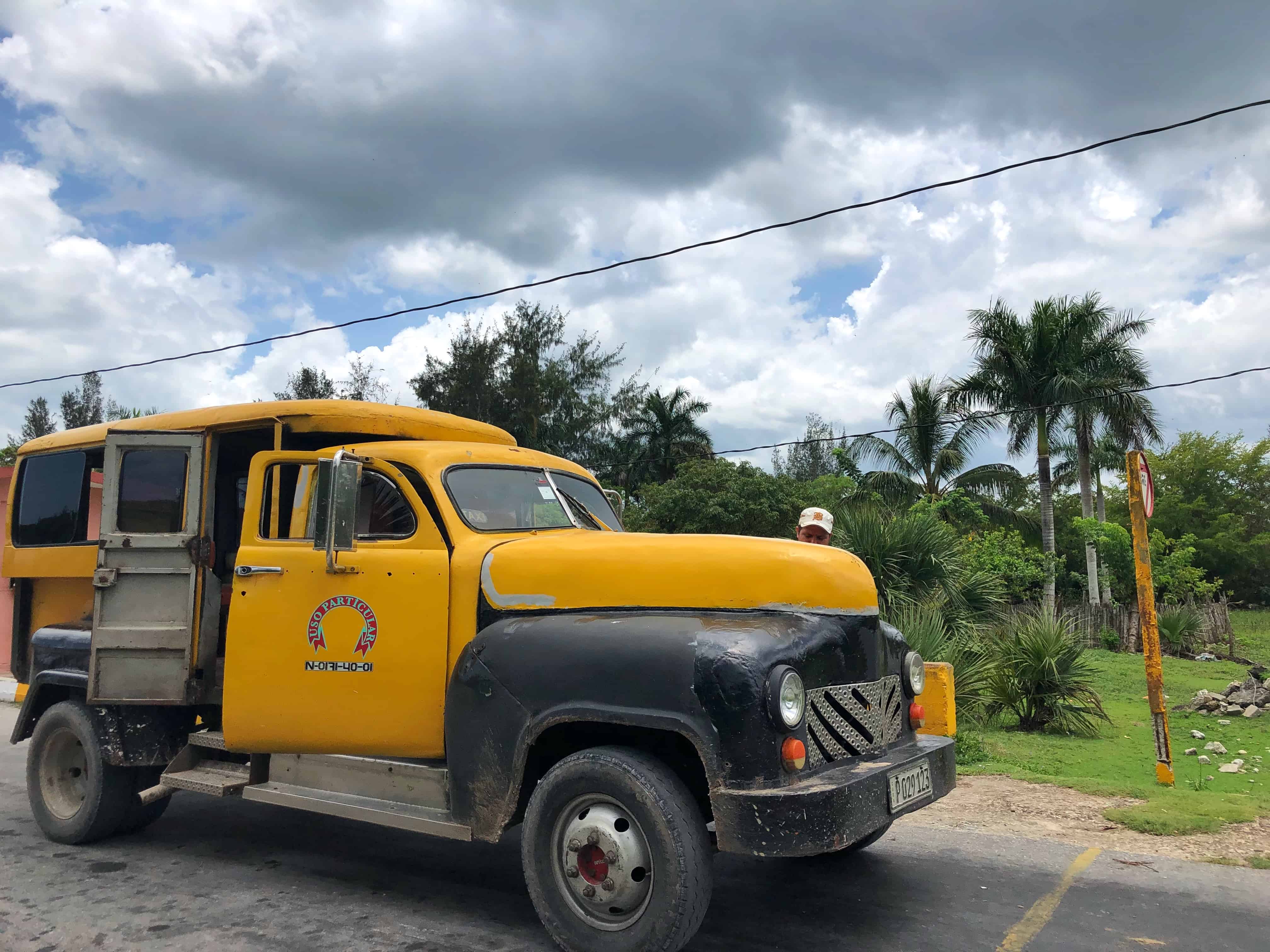
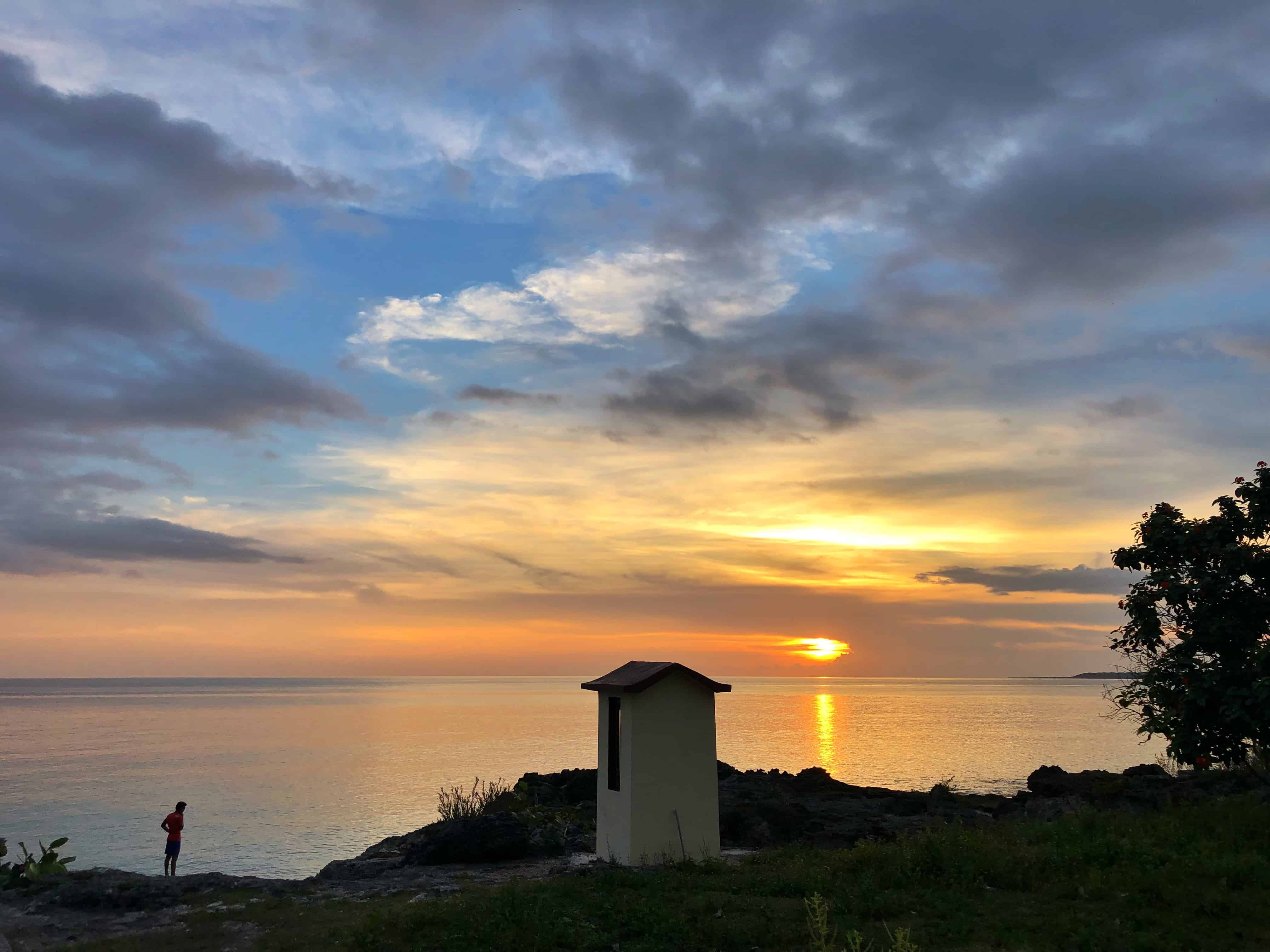
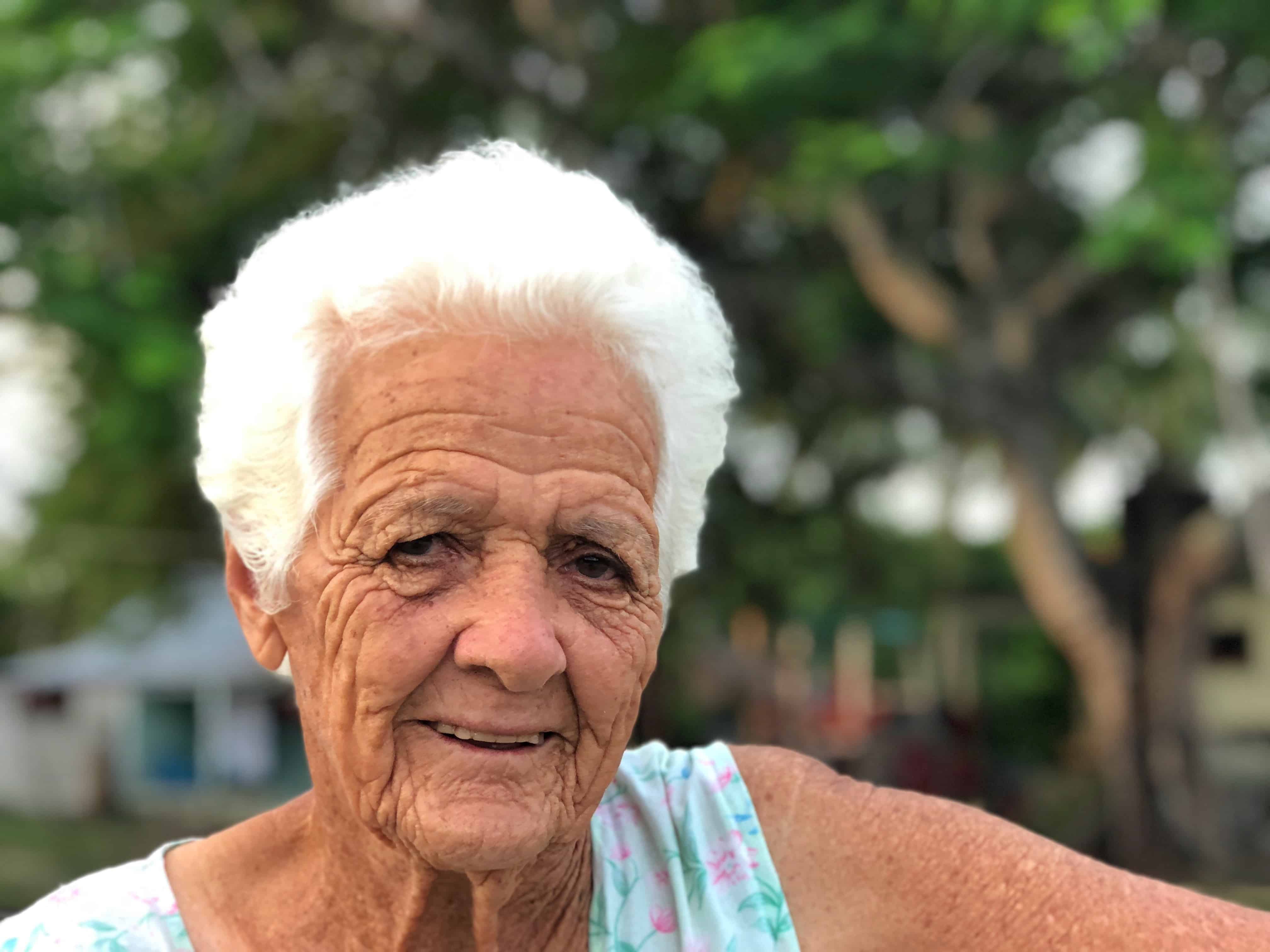
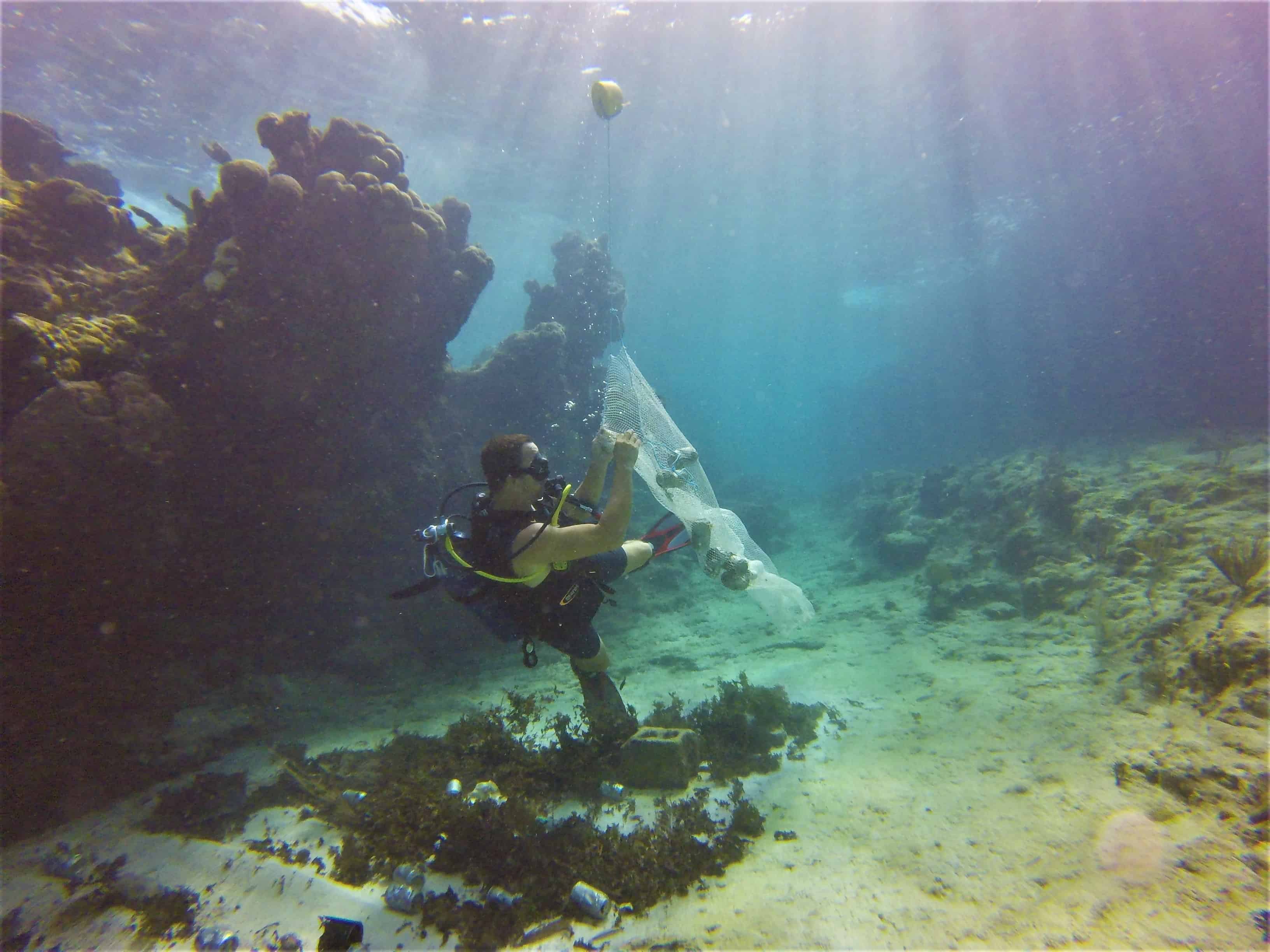
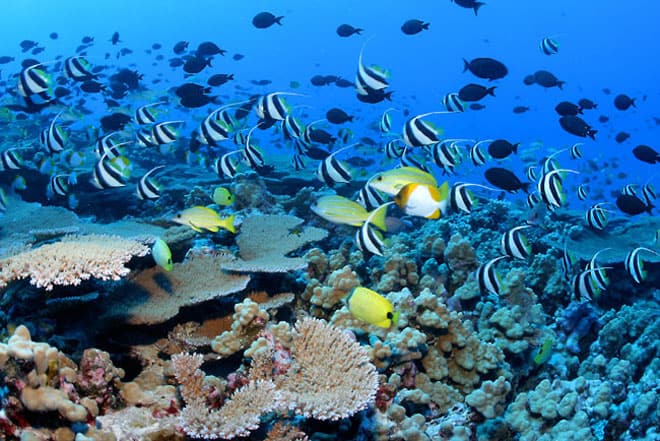

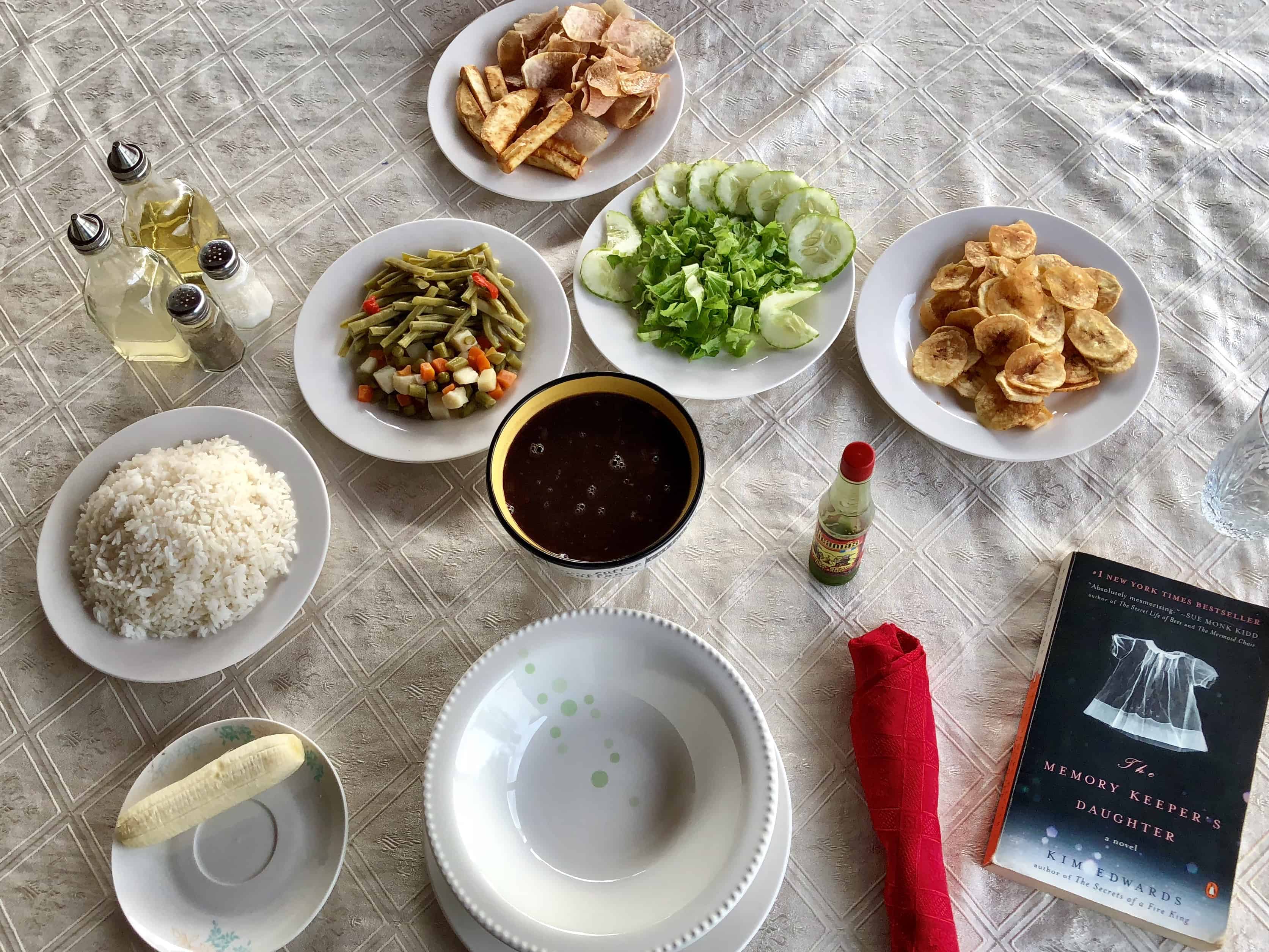
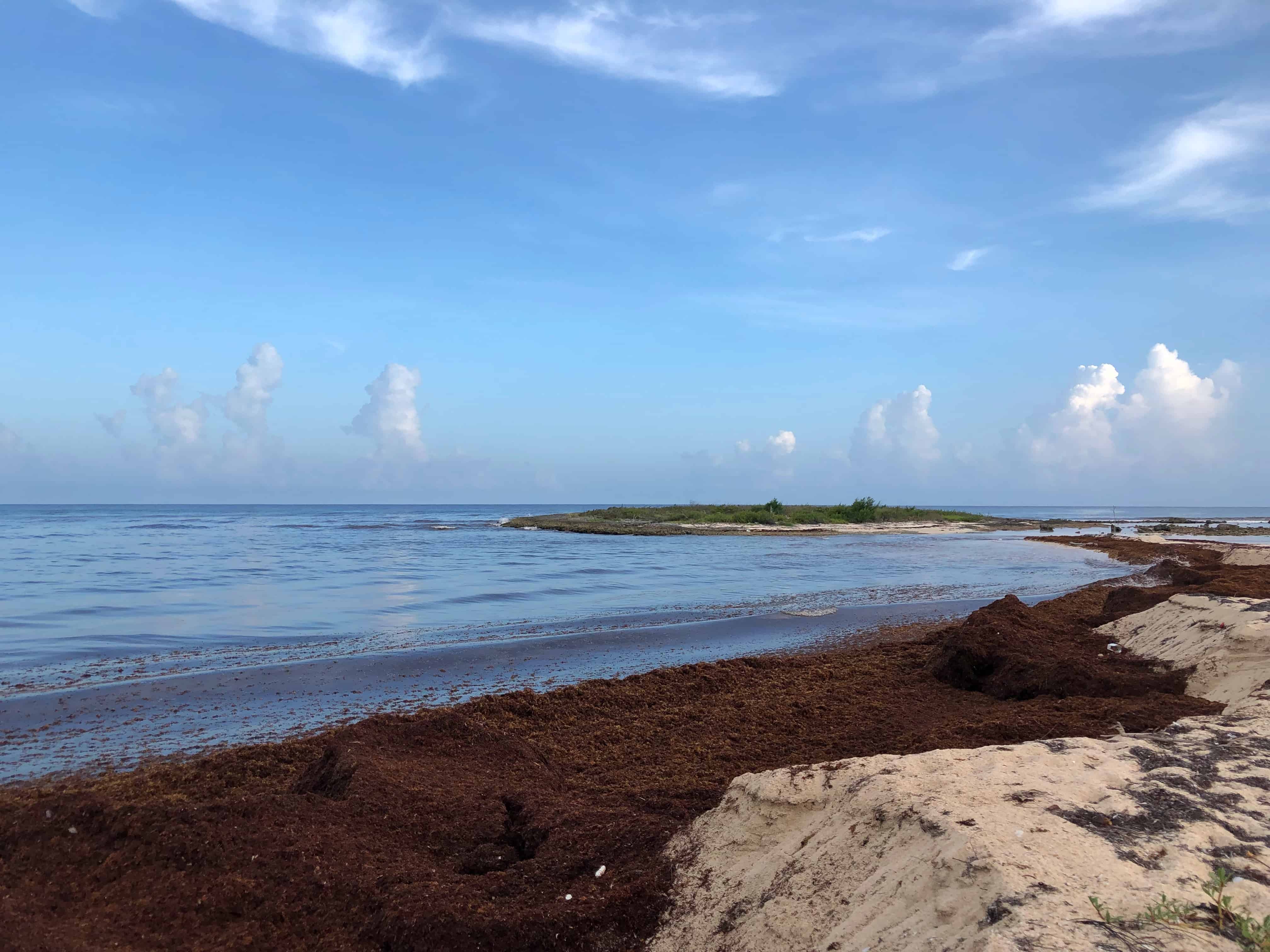
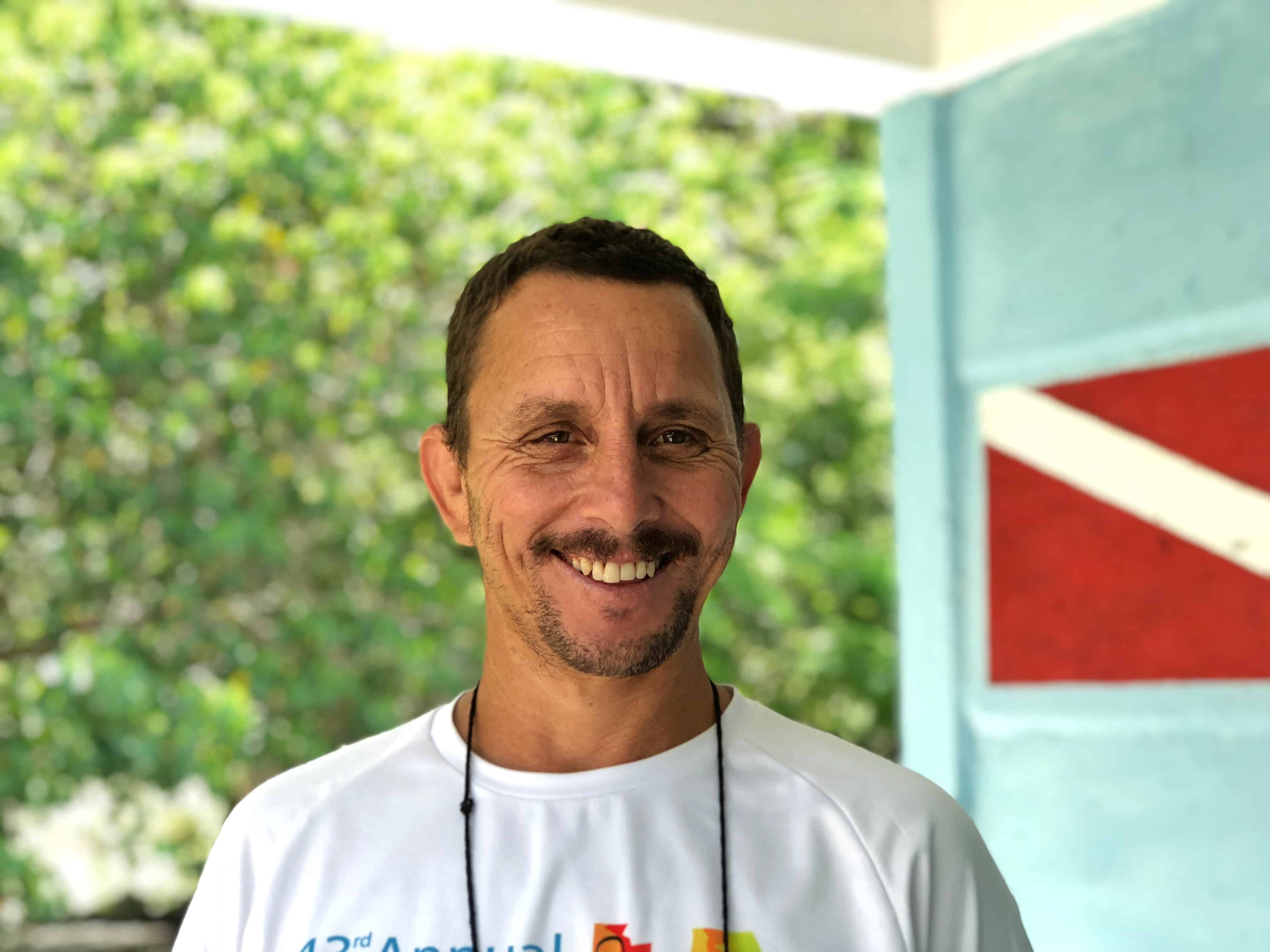
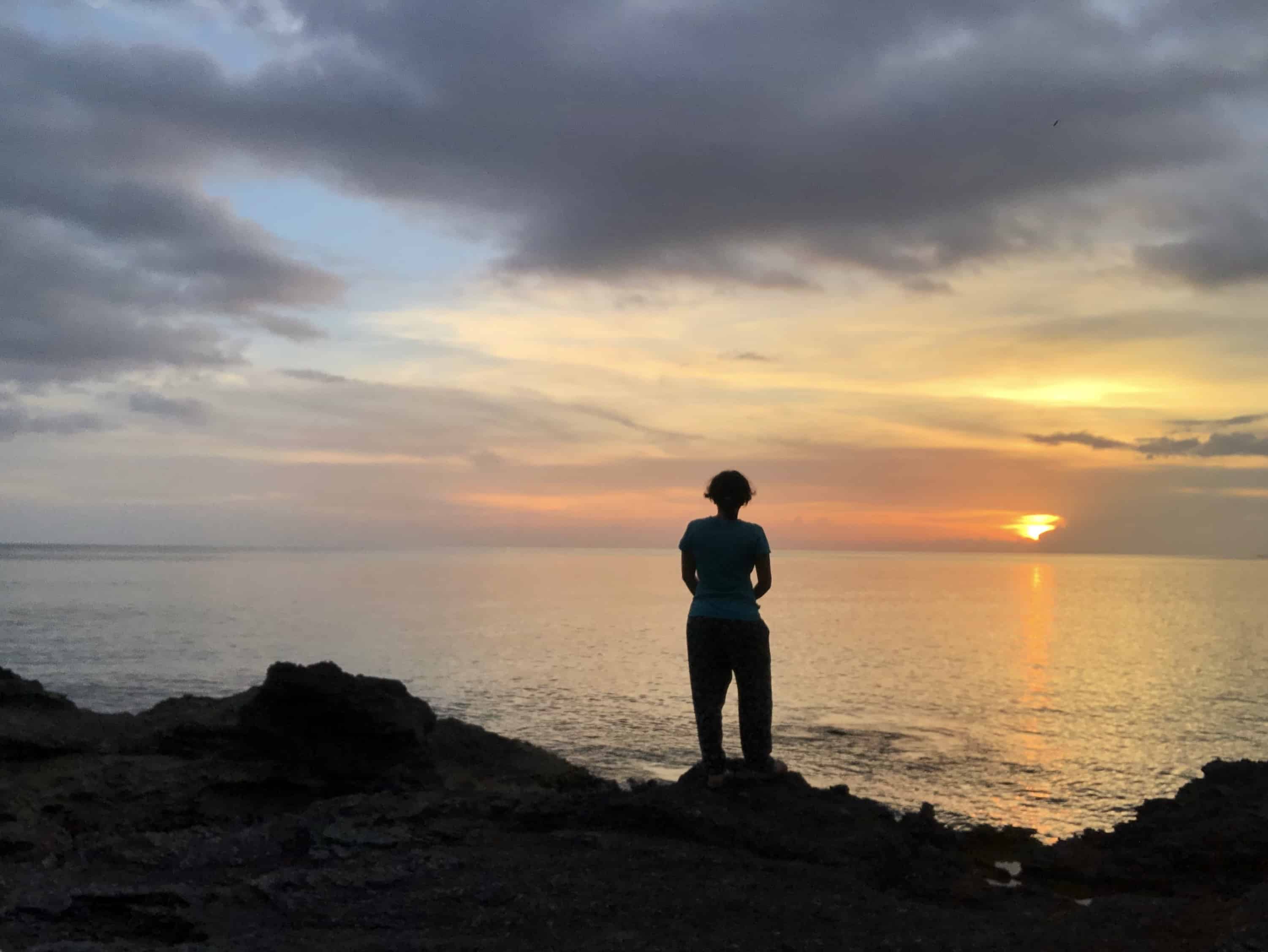

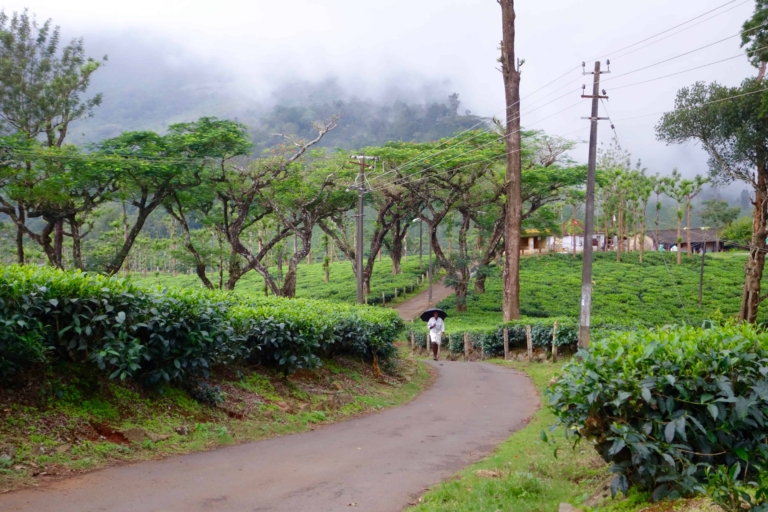
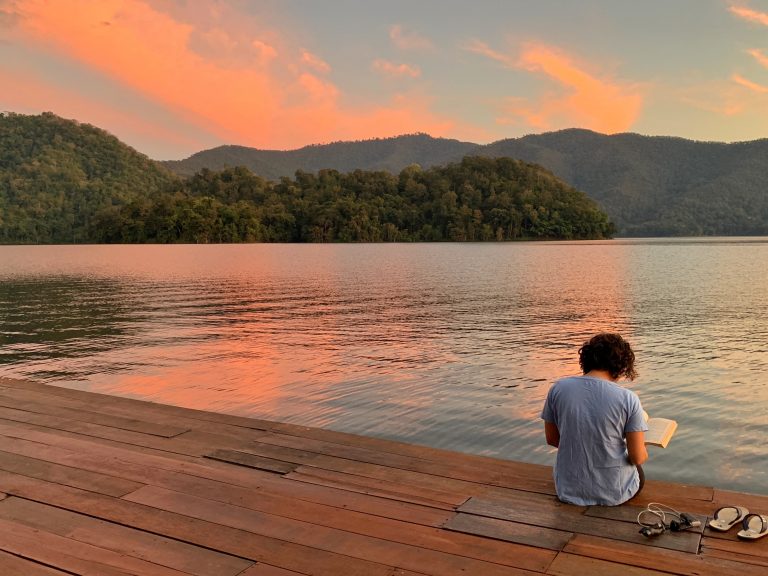
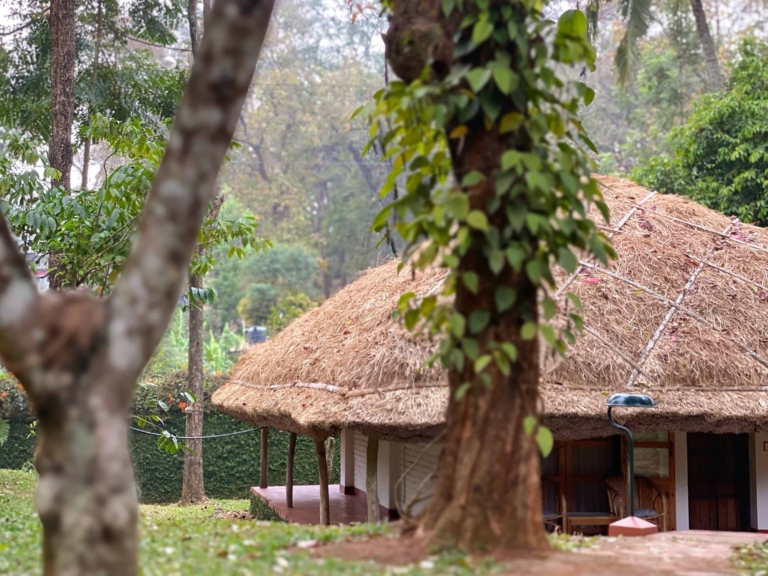
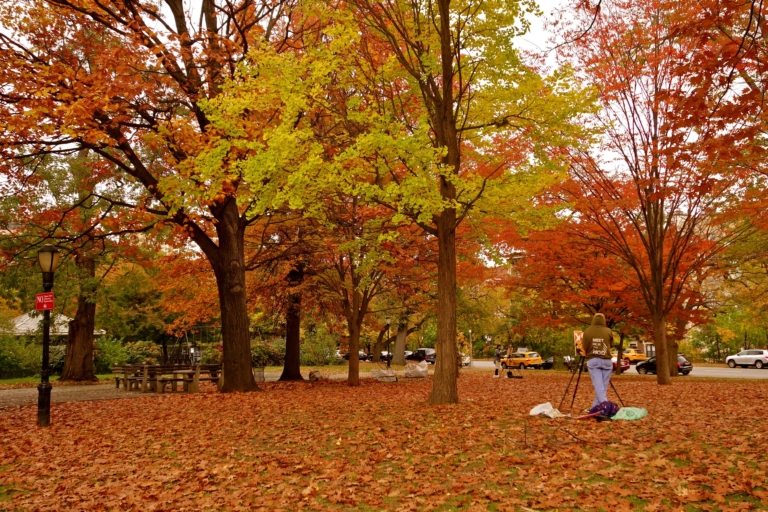
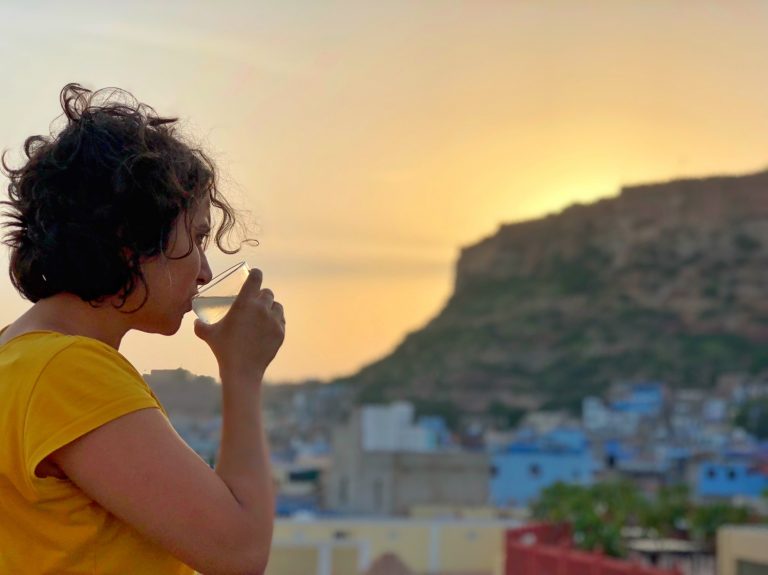
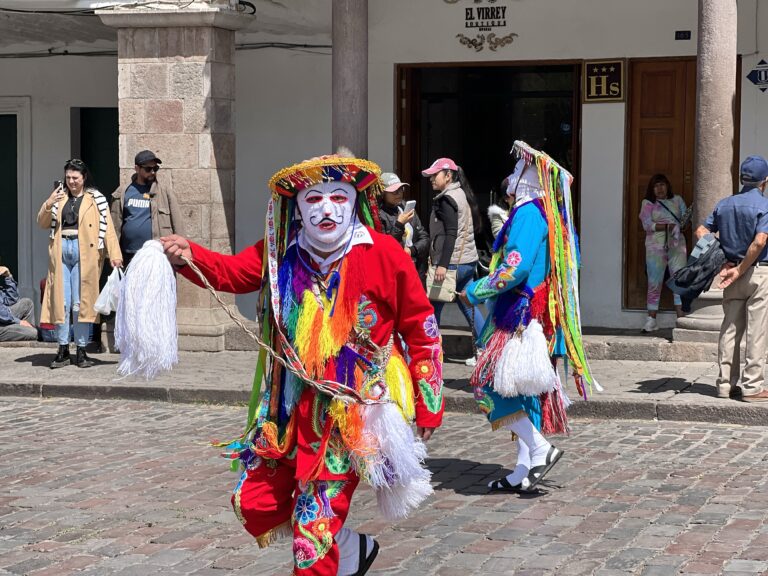
Shivya, minor typo – heading says Conversation, where you meant conservation 🙂
Post otherwise is fantastic as usual 🙂
Oops, thanks for pointing that out, fixed it.
What an experience! Thanks for sharing…
Thanks for reading!
Great post Shivya. It is depressing to think that a remote island is awash in plastic. I’ve been snorkeling in some remote places that had beaches and corals covered in trash that washed up from thousands of miles away.
I agree that this is the best and worst time to travel. As people all over the world move into the middle class and so many young people prefer to spend money on experiences vs. possessions we have a massive amount of travelers, many of whom don’t take environmental protections seriously. I’ve been living in Thailand the last three years and so many of the beaches here are overdeveloped and overrun, yet there are amazing places all over this country that get almost no visitors. We all need to spread out and protect the special places, I think.
What we eat is so important. I have greatly reduced the amount of beef and port I eat but I need to start eating less fish too. Like you say, each person can make a difference.
Isn’t it heartbreaking witness that – nothing hits as hard as that reality!
Having explored Thailand a fair bit myself, I so agree with you. And yet the idea of promoting amazing places that get almost no visitors is scary too – what if they become overrun with tourism too?
Glad you’re thinking of eating less fish; it’ll sure make a difference.
Great post Shivya. I agree so much with the line best & worst time to travel. You will be happy to know that I went off meat last year after thinking about it for a couple of years and your posts and a trip to South Africa made that happen. Since you said you were looking for a eco hair serum I had a small suggestion if that works for you. Morrocon argan oil is a great serum and it comes in glass bottles not plastic. You could try using it from a brand that recycles the bottles or refill the glass bottle in Morocco during your travels. A bottle lasts for a good year.
So glad to hear you’re off meat now!
And haha, that’d be a good excuse to travel to Morocco 😀
Your views on responsible travel and responsible living stirs my soul Shivya. Though I am a vegetarian only, I often feel guilty of even consuming dairy / animal products myself.. your observations on how our oceans and marine life is on the decline and how efforts of individual people also matter makes so much sense. I’d love to be a part of some of such conservation initiatives myself..
Thanks Sonali. I was vegetarian for over a decade before I realised how dairy causes unbelievable animal abuse and environmental degradation – and isn’t even good for our bodies! What a marketing gimmick that has all in its traps 🙁 Hope you’ll find yourself a conservation initiative to work on soon; so many great ones around the world to choose from.
Thoroughly enjoyed reading the post Shivya!
I’m 16 and I’ve been trying to reduce my consumption of meat and plastic as well. People always tell me – you cannot make a difference all by yourself. But, if we as individuals don’t make an effort then how can we even work collectively. At the end of the day, tiny drops of water make a mighty ocean.
So well said, Himanshu! And Greta Thunberg is a great example of just how much one young conscious individual can achieve.
Wonderful reading, Shivya.Reading about you after a long break.Really enjoy your travels, and your commitment on being vegan.Would love to meet you with my two daughters if u ever visit Sri Lanka.You are an icon to emulate.Wish u all the best of luck in your travels,KIT, Warm Rgds, Rohan
Thanks Rohan, hope to visit Sri Lanka again soon; will be great to catch up with you all!
Absolutely loved this piece. I’m a student vegan activist and work like this one keeps me motivated throughout. Also, looking forward to meet you at Vegan India Conference
Great to be connected with you Lobsang, see you soon at VIC!
Nice piece. I am a recreational scuba diver and I too have wondered whether I have any business being underwater and whether my presence in some remote areas upsets the balance of nature. But I have seen places in Indonesia that would be decimated if it weren’t for the recreational scuba diver. People in the business make agreements with local people to set up local marine reserve areas. They use different fishing practices-some would use bombing or shark finning-and everyone discovers that it’s better for the marine life. They end up with more. Some of those areas respond quickly to a little bit of care. No one knows why exactly yet, but they do in some of these areas. The same could be said about travel in general. Humans don’t fly but we use planes to get around…:). I really enjoy reading your thoughts. Wish I could get your book, but it’s not possible in the USA.
You make some great points. I’ve felt the same way about wildlife safaris – many of the wildlife reserves (especially in India) would’ve been decimated if not for the tourism revenue.
Definitely the most informative article we have read this month! Thank you very much for sharing! We all need to make changes in our lives and help to save our planet. Every piece of plastic ever made still exists somewhere. Each one of us matters, everyone has a chance to make a difference 💚
Aww thank you; I put a lot into writing it and I’m so glad you feel that way! Indeed, it’s high time we feel responsible for our “plastic footprint” on this planet.
Nice post to read! Wish i could get there. Thanks for sharing your wonderful experience Shivya. Happy Travelling 🙂
Hope you make it there Jatin.
Thanks for sharing this amazing blog.It is really an informative post
Thanks for reading!
Congratulations, dear conservationist & ideal, green-conscious traveller!
Enjoyed reading your blog. Your deep empathy for depths of mesmerizing ocean floors and coral reefs that are on the blink of devastation by plastic pollution as well as perils of overtourism, is inspiring to say the least. I have quit consuming meat and meat products since 2016, and absolutely love vegan lifestyle. To be honest, my diet requires me to adhere to omega and fatty acids which unfortunately, to my utter guilt and shame, I am compelled to consume though I have decreased it to a great extent.
Your blog is unique. It enlightened me about the virgin landscapes of remote Cuba, the island of Cocodrilo. Apart from that, you also shared your useful insight of the deplorable impact of plastic overuse that’s polluting even such a remote part of the planet, its high time each one of us contemplate about this existential crisis. Is this how we treat our Home Planet? How far are civilized indeed?
Thanks for this hell of an eye-opening and environment-friendly blog. As a former travel journalist, its such a pleasure to be able to connect with an amazing persona like you, albeit virtually, via your creations on the web. Keep travelling. Keep touching lives as you do.
Wish you all the very best and hope to see you someday, God willing 🙂
Lots of love from Kolkata,
Arpita.
Thanks for your heartwarming note, Arpita! So glad that you too recognise that we can make a difference through our consumption choices and are taking steps towards it. Hope our paths cross soon.
PS: If you’re interested, here are some tried and tested sources of omega-3 fatty acids that can be made into delicious foods: https://www.healthline.com/nutrition/7-plant-sources-of-omega-3s#section5
What an amazing and enlightening few days you had there, thankyou for sharing. The vegan feast looks amazing and the locals all sound so kind. It seems like a lot has changed on the island since people first moved there. I was thinking about trying the lush shampoo and conditioners too and definitely will now!
Jenny
A lot sure has changed, but it’s probably still one of the least ‘spoilt’ places to experience the real Cuba! You know I ran out of my Lush products and couldn’t find a conditioner bar for a while, so used a bottled one for a bit. I managed to replenish my Lush bars a couple of weeks ago again, and I can swear it’s better than anything else I could be using, aside from the fact that they’re plastic-free bars! Hope you’ll grow to love them too.
This is what I love about travel. Congratulations and thanks for sharing this
That makes two of us!
Your experiences and insight is truly noteworthy. Mahalo for sharing your journey in this story. It was captivating. Preserving our oceans could not be more important. We see first hand in Hawaii all the damage plastics and pollution can cause to the reefs. Hopefully we all can make different choices, such as you noted here, and start making a big difference together.
I can imagine that when you live closer to the ocean, the reality must hit home even harder. Really hope we can make better choices together, before it’s too late.
Hey Shivya, I noticed that you didn’t find a brand in India that makes – Plastic Free Vegan Conditioner Bars. I recently came across a Conditioner Bar by Soapworks India and started using it. I can say I’m quite happy with it. Definitely check it out if you ever find yourself searching for one in India. 🙂
Oh yes, it’s been a futile search so far; so glad to hear you found a good one. Will try it when I run out next!
I am really getting inspired after reading your blogs, I wish to be your companion. Amazing experiences you have. Thanks for sharing. Happy journey!!
Aww thanks Sneha, glad to hear that 🙂
Nice post to read! Wish i could get there. Thanks for sharing your wonderful experience Shivya. Happy Travellin
thanks
Thanks Kishan, hope you make it there!
Hope you continue this.
lovely read and sad to see how plastic is destroying the Planet.
Incredible post Shivya. It is discouraging to believe that a remote island is inundated with plastic. I’ve been swimming in some remote places that had sea shores and corals canvassed in junk that cleaned up from a large number of miles away.What we eat is so significant. I have significantly diminished the measure of meat and port I eat however I have to begin eating less fish as well. Like you state, every individual can have any kind of effect.
visit for more info:www.memorableindia.in
Thats really very informative article about cuba and glad to know that how it changed your perspective towards underwater diving from buisseness perspective to the conservation. andthe story of the oldest lady was also nice and also glad tho know about that versova beach transformation. I do belive the same about work. Start solely and time by time pepole would definietly join you for a god cause beacuse good cause can’t remain hidden. and although ifanyone doesn’t comes together still its our solo responsibility towards the conversation of mother nature. Since last two days, it is my seconf article which i read on website and felt that, you are definetly fantastic in everthing. Nice reading your article. I will keep itcontinue.
Wow! Shivya you surely have a gift of conveying your views with honest and deep empathy . This earth definitely needs more saviors like you .